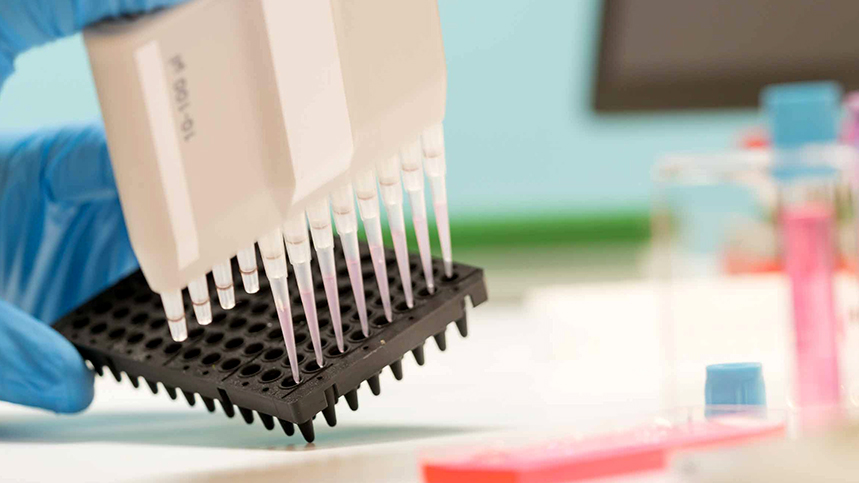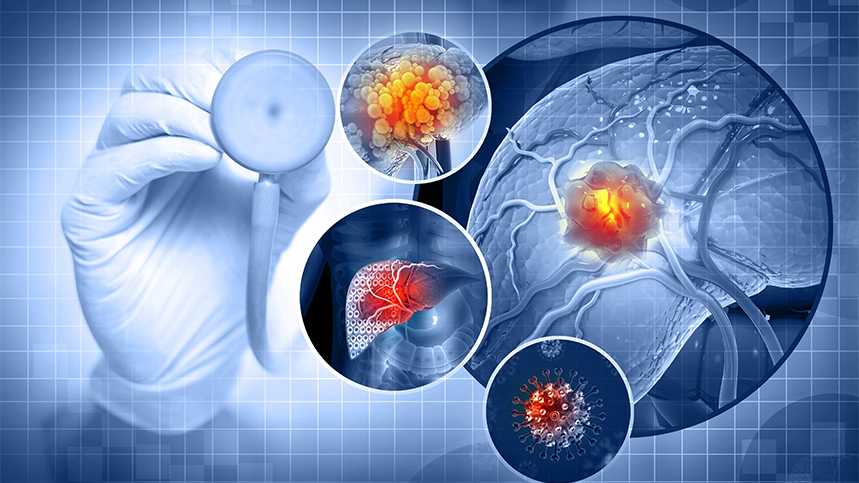

Cancer is a disease that affects millions of people worldwide, and with the mainstreaming of genetics in medicine, it is possible to identify genetic links to cancer. In today's medical universe, genetic testing has become an important tool in the diagnosis of cancers, offering insights into the genetic makeup of cancer cells. This is where NGS comes in. The next-generation sequencing (NGS) technology offers a more accurate and precise understanding of cancer cells by analysing large amounts of DNA or RNA sequences in a single profile.
Early Detection using NGS
NGS via biomarker detection plays a significant role in the early detection of various cancer types. Sequencing changes in DNA sequences in tumour cells and normal tissues from a patient could aid in the identification of cancer, and more importantly, enable the detection of cancer at an early stage. The detection of cancer at an early stage before it has spread, could drastically increase chances of successful treatment and a longer lifespan for the cancer patient.
Personalized Therapy
The success of cancer treatment depends on various factors that must be analyzed. This situation highlights the inadequacy of conventional methods employed, especially in predicting patient responses. NGS can aid in cancers' personalized cancer diagnosis and treatment by identifying the patient's genomic alterations, allowing the medical expert to be better equipped to develop a personalized therapy strategy.
Monitoring Prognosis
NGS technology has also proven valuable when it comes to cancer monitoring. It can be useful in ascertaining whether the treatment administered to a cancer patient is yielding improvements or not. Identifying that there is no change or even progression in the disease could indicate that modification of the therapy is necessary. This technology, therefore, offers a means of making sure the patient is receiving the most effective treatment protocol available.
Aids Clinical Trials
Clinical trials are an essential part of cancer research, and sequencing technologies help to identify patients that are appropriate for specific trials, matching treatments to specific cancer profiles. Thus, it is possible to test new drugs for the detection and treatment of cancer effectively, exploiting patients' genomic profiling better. This help aid the efficiency, and accuracy of clinical trials as well as help gather better data for statistical analyses.
Cost-Effective
Despite NGS's apparent complexity, it is a cost-effective diagnostic tool that allows for faster, more accurate detection of cancer. With considerable competition existing within the industry and the emergence of new NGS providers, costs associated with the technology are lowering. Therefore, there is hope that NGS diagnosis will be available to wide pools of individuals globally with improved accessibility and affordability.
Conclusion
NGS is revolutionizing cancer diagnostics by transforming cancer diagnosis for the better. With the clinical applications of NGS enabling early detection, personalized therapy, prognosis monitoring, and aiding clinical trials, the lives of cancer patients are destined to change. NGS's significance is evident in improving cancer therapy through detailed genomic profiling that will ensure treatments cater to specific cancer types, allowing clinicians to be better equipped to cure the disease. By using genomic information, NGS's cost-effective and widespread use could lead to the emergence of targeted treatment, taking cancer diagnosis to new heights. The future of cancer diagnosis could be here, and embracing NGS with open arms could lead to more discoveries and ultimately, the elimination cancer as a deadly disease.
WANT TO BOOK HEALTH CHECKUP ?
Recent Blogs
Understanding Hepatocellular Carcinoma: Diagnosis and Staging
Hepatocellular carcinoma (HCC) is a type of liver cancer that usually affects individuals...
30-11-2023
Protecting Your Skin: Vital Tips for Sun Safety and Self-Examinations
Summer is here, and we all are ready to soak up some sunshine after long and dreary winter...
30-11-2023
Preventing Liver Cancer: The Role of Hepatitis Vaccination
Liver cancer is a deadly disease that affects millions of people worldwide. While there...
30-11-2023









